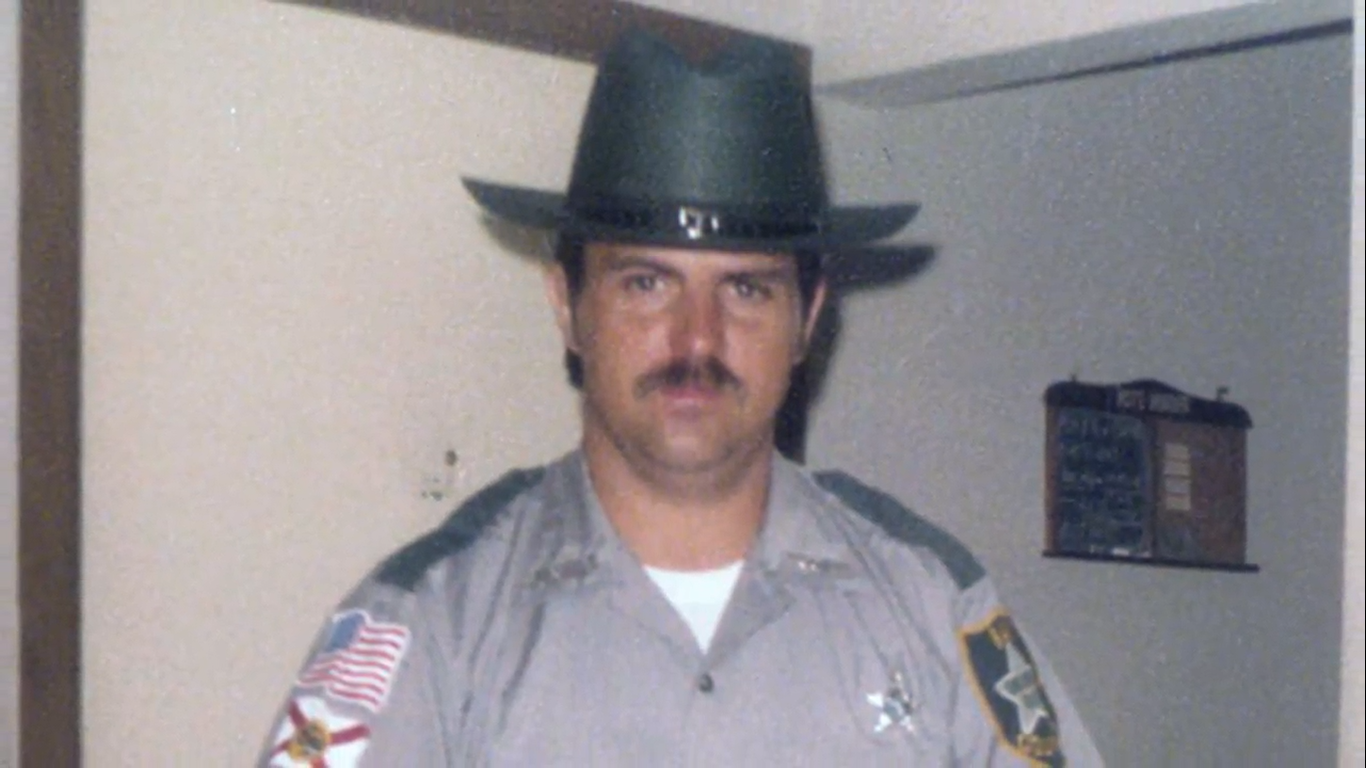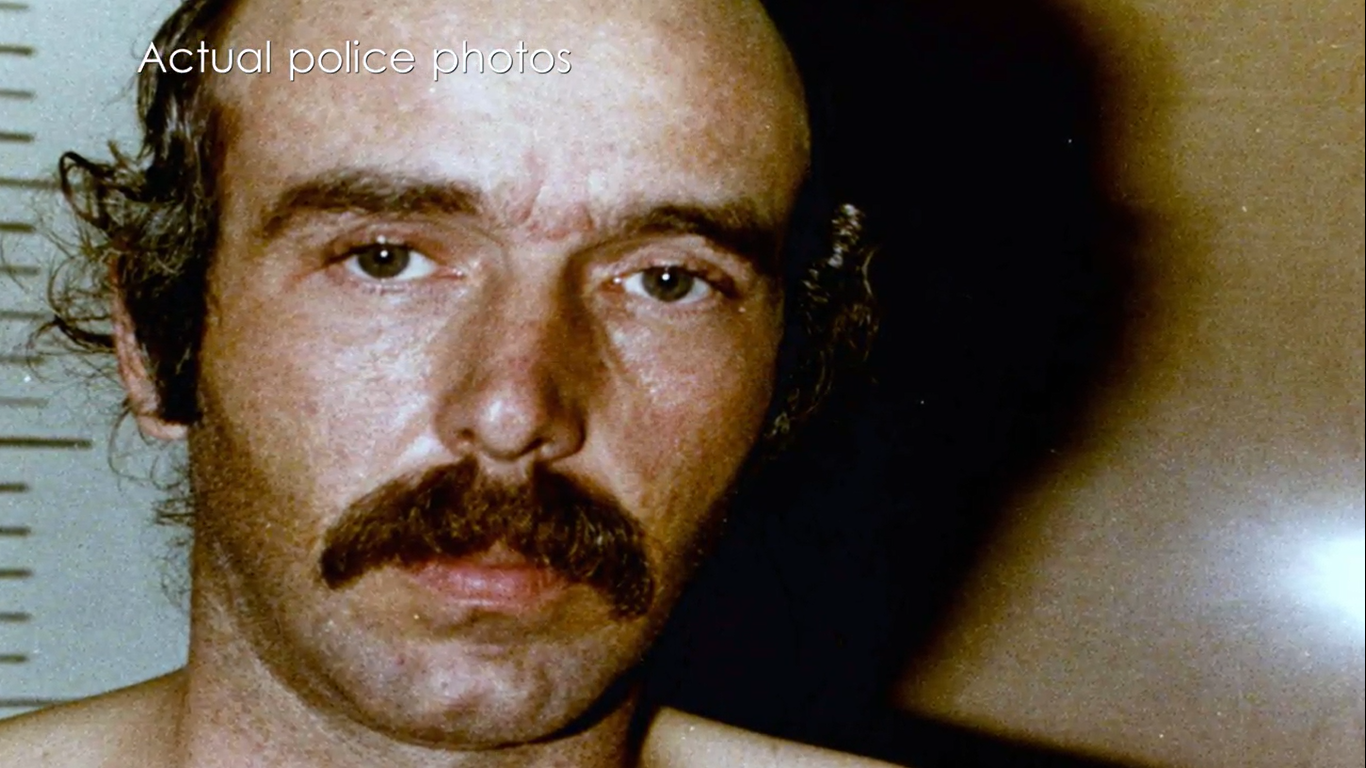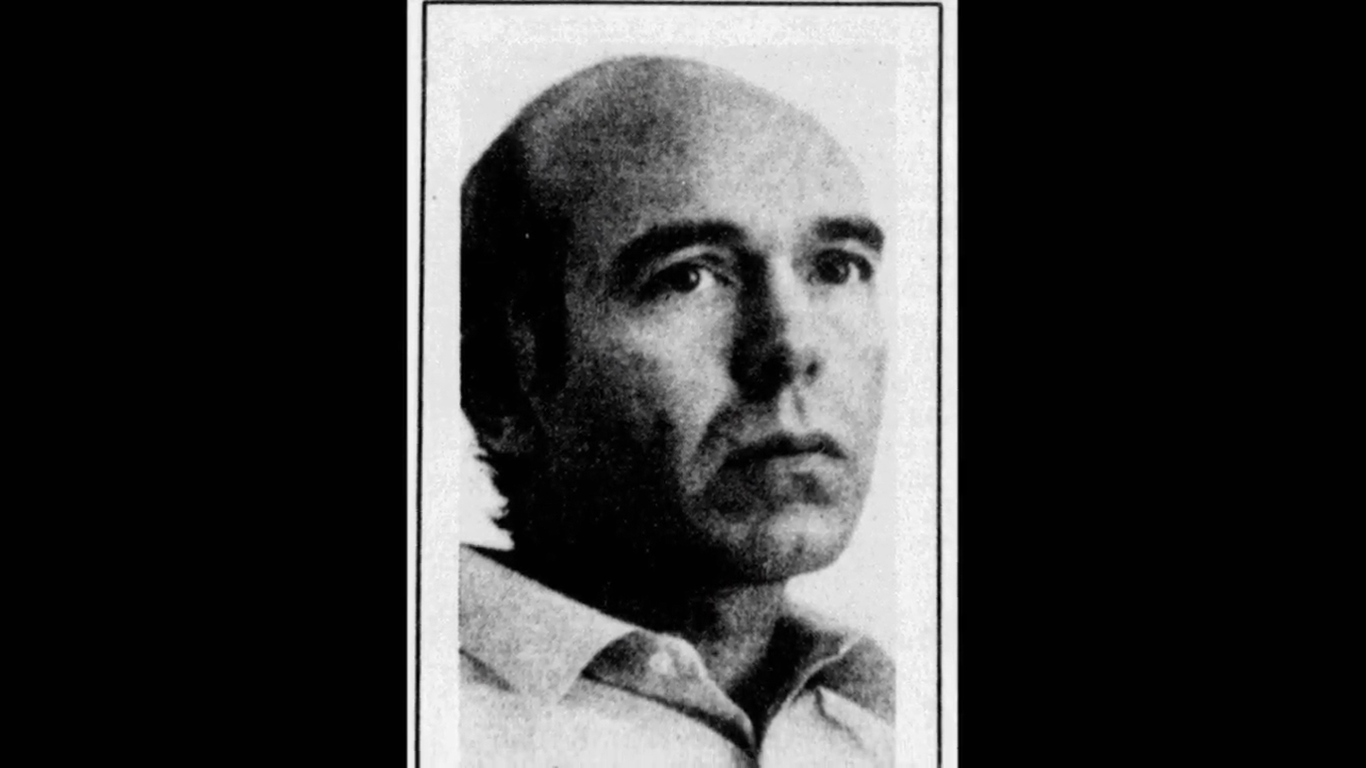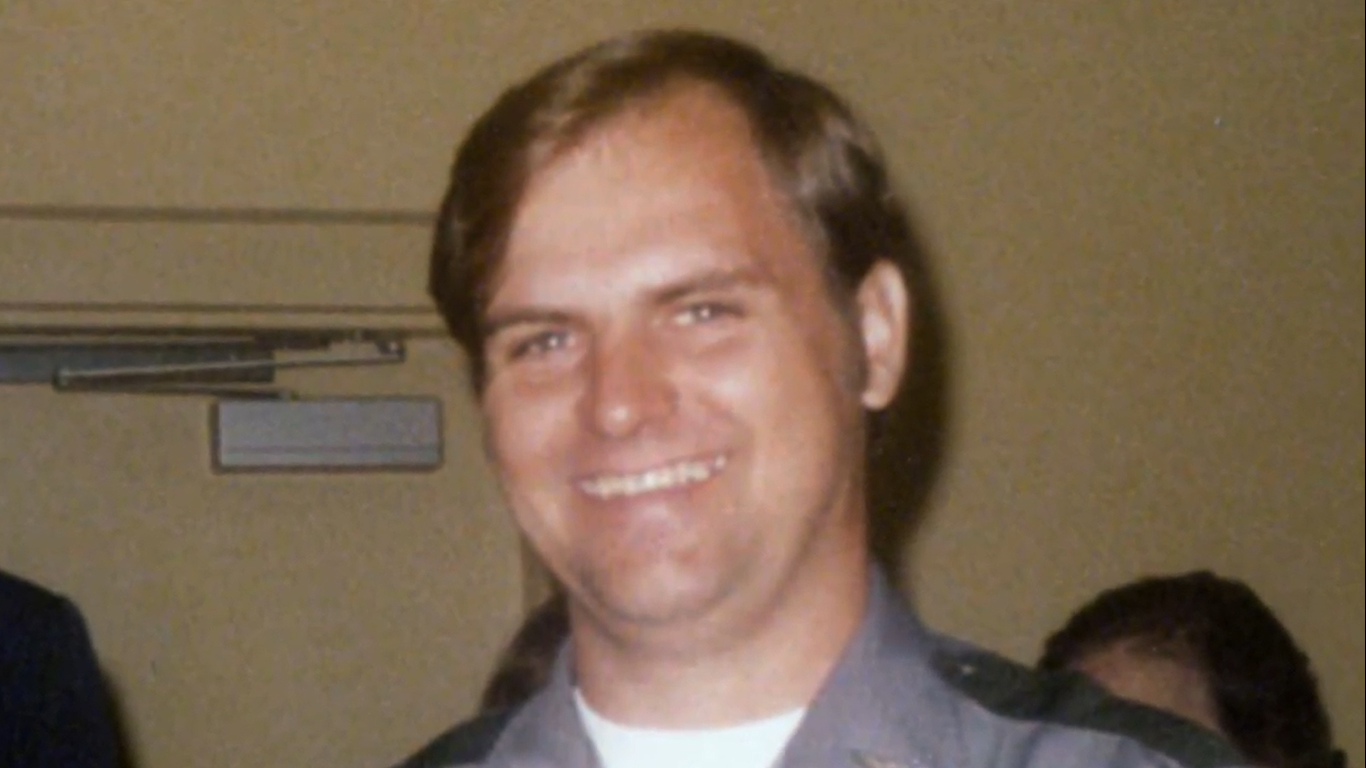When a police department lost one of their most intelligent and loved officers to a fatal shooting incident, the co-workers were more than eager to identify the culprit behind the murder. The death of Deputy Sgt. Floyd Moore, Jr. sparked an investigation that led the police to a convicted felon who had been using various false identities. Investigation Discovery’s ‘Killer ID’ delves into the case to bring out the events that transpired on the day of the murder. If you are curious to find out more about the case, we have you covered.
Who Killed Floyd Moore, Jr.?
Floyd Moore, Jr. was a Deputy Sergeant with the Bay County Sheriff’s Department in Florida. He had an additional job as a security officer at Turtle Lake Apartments, which was also his residence. He was on duty on the night of January 27, 1986, making rounds of the area. At some time just after midnight, another officer responded to a radio transmission requesting the dispatch of a patrol car to the area Moore was working in. On his arrival, the officer discovered Moore lying in the parking lot. He had been shot, and he was unconscious.

Moore was promptly transported to Bay Memorial Medical Center, where he was pronounced dead after surgery. The autopsy revealed that the fatal wound had been made by either a .32 or .38 caliber bullet. An investigator inspecting Moore’s jacket (that he was wearing at the time of the shooting) came across an Alabama driver’s license that belonged to a person named “Edwin Allen Kyser.” The police were able to track down Kyser’s residence using the driver’s license, which turned out to be fake.
He was arrested in Columbus, Georgia, by the police on the day of the murder. During the preliminary interrogation, Kyser gave a false name but revealed his real name was Walter Grant Kyser when pressurized by the officers. Following this, Kyser gave multiple statements to the police and subsequently to the court, which showed different accounts of what had transpired on the day of Floyd Moore, Jr.’s death. Kyser was ultimately convicted.
Where Is Edwin Grant Kyser Now?
Walter Grant Kyser gave at least three different versions of the events to the police and the court that led to Deputy Sergeant Floyd Moore, Jr.’s death. In the statement given to the police during the preliminary interrogation, Kyser said that he had gone to the Turtle Lake Apartments to steal items that might have been left unguarded. He said he had previously installed carpet at the apartment complex. The deputy sergeant caught him, and Kyser said that he had come to meet an acquaintance. But as he was being led away by the officer, Kyser took out a gun with the intention of striking the officer in the head and neck. But, Kyser said, the gun went off accidentally.

Two other versions of the events given by Kyser in his testimony implicated his friend, Richard Wyrick, and his wife’s stepbrother, Lee Dunbac. Kyser further said that these two plans had been devised with assistance from his wife, Tina Kyser. In fact, Wyrick said in his testimony that he had previously bought weapons for Kyser at Kyser’s request twice since the now-convicted did not have a Florida license, which was necessary to purchase firearms.
Kyser again gave a different testimony during the penalty phase of his 1986 trial, claiming that his wife had killed the deputy and that Kyser had been shocked at his wife’s actions. He even admitted to formulating the previous testimonies to protect his wife. Another witness, Kyser’s friend and employee, said she had never seen Kyser be violent and that he had always excused himself from troubling situations. Before his trial commenced, Kyser was examined by a psychologist.
The psychologist, in his testimony, said that even though Kyser was not psychotic, he was a patient with a unique personality issue because of a disorder called color shock. The condition prohibits the person from comprehending emotional stress or pressure, and they often avoid getting involved in such agitating situations. In the psychologist’s opinion, Kyser had suffered from the disorder from a very young age. Another point of contention was that Kyser had asked for legal counsel but the detectives continued to question him. (It is pertinent to note that not all the officials involved knew that Kyser had invoked his Miranda Rights).

At the end of the 1986 trial, Kyser was found guilty of first-degree murder and was subsequently sentenced to death. However, his death penalty was reversed in a retrial. He was again declared guilty, but he was sentenced to life in prison. In 2015, prosecutors asked the court not to let Kyser file any more appeals after they invested more than $10,000 in examining a claim that Kyser had forensic evidence to exonerate himself.
Kyser claimed that he had received an unsigned letter from the Florida Department of Law Enforcement (FDLE), which consisted of evidence that allegedly cleared his name. Prosecutors said that they had proof that would have shown that the FDLE letter had been falsified, but Kyser withdrew his motion for post-conviction relief. He is currently serving his sentence at the Jefferson Correctional Institution in Monticello, Florida.
Read More: Best True Crime Podcasts

